
Views everyone else’s (see Barthes, etc).
Currently building an emotionography for American Psychological Association Books with @alexahepburn.bsky.social

Emotions studied as they’re done in interaction - displayed, taken up, used.
@alexahepburn.bsky.social
It's now a global, friendly get-together of like-minded interaction analysts.
People fly or dial in from all over the world.
Still great fun.
#EMCA
I'm so:::::: looking forward to the **18th** year of #EMCA @darg-sessions.bsky.social @lborouniversity.bsky.social having made a tragic diary error last year and missing it.
Here's the registration link and terrific programme:
darg.lboro.ac.uk/event/ca-day...

It's now a global, friendly get-together of like-minded interaction analysts.
People fly or dial in from all over the world.
Still great fun.
#EMCA
Emotions studied as they’re done in interaction - displayed, taken up, used.
@alexahepburn.bsky.social

Emotions studied as they’re done in interaction - displayed, taken up, used.
@alexahepburn.bsky.social

#discursivepsychology #EMCA
#discursivepsychology #EMCA
Lotte van Burgsteden, @christelvaneck.bsky.social &I unpack conversational polarisation as it unfolded live in the Oval Office. @polcommjournal.bsky.social contains link to transcript #openaccess
Clinical risk discussions: an interactional perspective
- 7 novel papers (6 medical specialties)
- 1 report on CA training for high-stakes risk communication
- 1 expert clinical discussant
doi.org/10.1016/j.pe... #emca @profjonathanpotter.bsky.social @alexahepburn.bsky.social

Clinical risk discussions: an interactional perspective
- 7 novel papers (6 medical specialties)
- 1 report on CA training for high-stakes risk communication
- 1 expert clinical discussant
doi.org/10.1016/j.pe... #emca @profjonathanpotter.bsky.social @alexahepburn.bsky.social
Adrenaline prescription decisions are complex. Making reasoning explicit opens up decision-making to caregivers.
doi.org/10.1016/j.pe... @profjonathanpotter.bsky.social @alexahepburn.bsky.social @colinmacdougall.bsky.social

Adrenaline prescription decisions are complex. Making reasoning explicit opens up decision-making to caregivers.
doi.org/10.1016/j.pe... @profjonathanpotter.bsky.social @alexahepburn.bsky.social @colinmacdougall.bsky.social
www.nytimes.com/2025/09/25/o...
www.nytimes.com/2025/09/25/o...
Following on from my earlier thread about claims of “bias” in universities (link below 👇), I was struck by James Marriott’s column in today’s Times. It’s full of anecdote & caricature. The real story of UK universities is structural, financial, and political. 🧵
👉 bsky.app/profile/prof...
Following on from my earlier thread about claims of “bias” in universities (link below 👇), I was struck by James Marriott’s column in today’s Times. It’s full of anecdote & caricature. The real story of UK universities is structural, financial, and political. 🧵
👉 bsky.app/profile/prof...
Gergen argues that the desire for self-unity is ultimately mistaken.
#socsky #philsky

Gergen argues that the desire for self-unity is ultimately mistaken.
#socsky #philsky
New from me in @theconversation.com, summarizing our recent work funded by @ukri.org & @behaviourresuk.bsky.social
theconversation.com/why-do-peopl...

New from me in @theconversation.com, summarizing our recent work funded by @ukri.org & @behaviourresuk.bsky.social
theconversation.com/why-do-peopl...
@alexahepburn.bsky.social
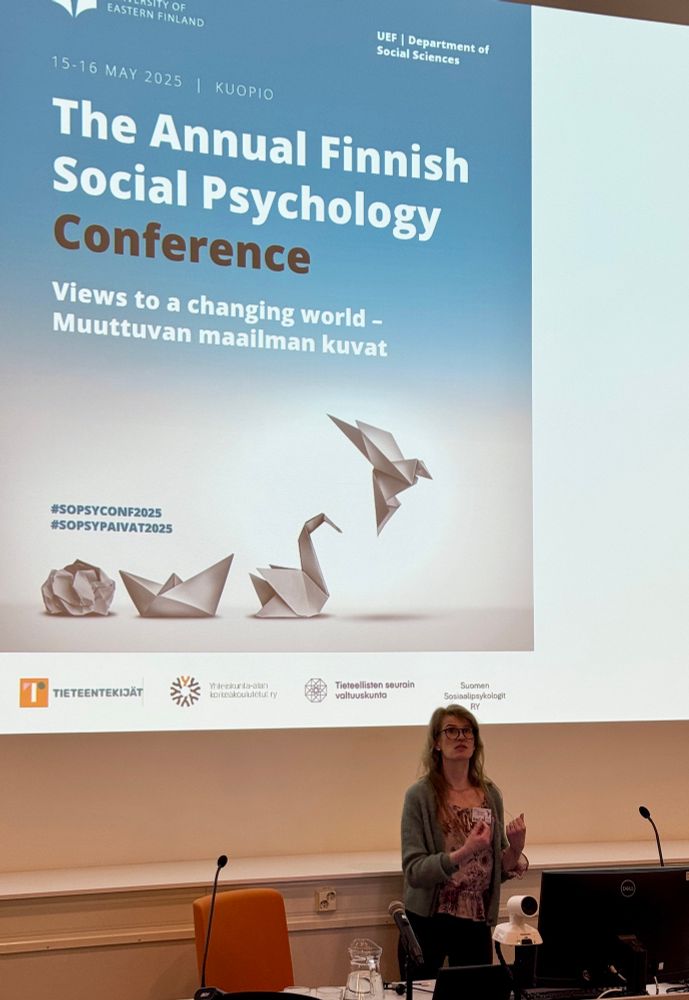
@alexahepburn.bsky.social
@alexahepburn.bsky.social
@darg-sessions.bsky.social
@rucalteam.bsky.social
#emotionography
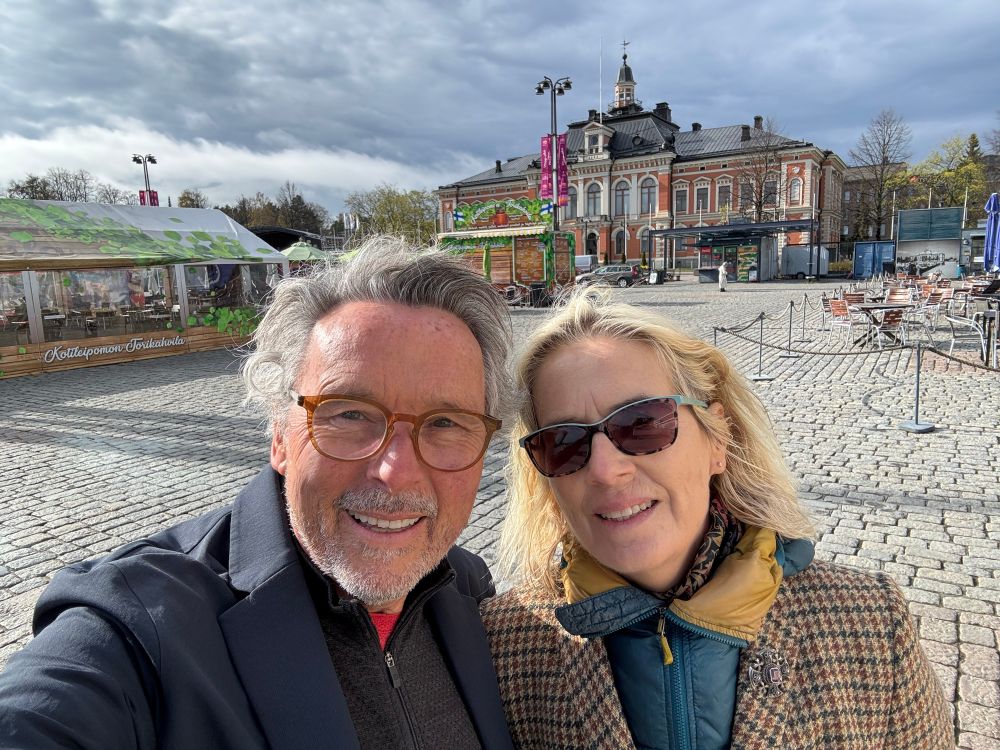
@alexahepburn.bsky.social
@darg-sessions.bsky.social
@rucalteam.bsky.social
#emotionography
www.researchprofessionalnews.com/rr-news-uk-v...
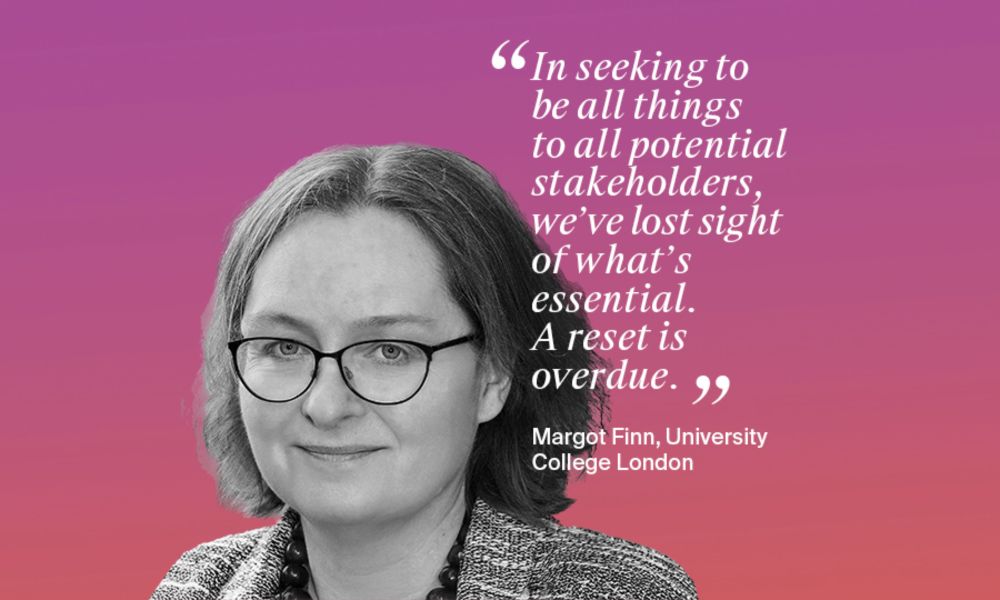
www.researchprofessionalnews.com/rr-news-uk-v...
I wrote a thread about it.
I wrote a thread about it.
They’re biased toward evidence. Toward facts.
Especially in the US, careless talk of “left-wing bias” invites real damage.
Thoughts from US/UK experience here: 👇
They’re biased toward evidence. Toward facts.
Especially in the US, careless talk of “left-wing bias” invites real damage.
Thoughts from US/UK experience here: 👇
Do sign up
🗓️ Tuesday 13 May
⏰ 15:00 - 17:00 CEST
📍 Online: us02web.zoom.us/webinar/regi...
Do sign up
me on what AI is and isn't, and why we all have a democratic duty to do some myth busting before the dreaded management sci-fi comes to get us www.careful.industries/blog/2025-4-...

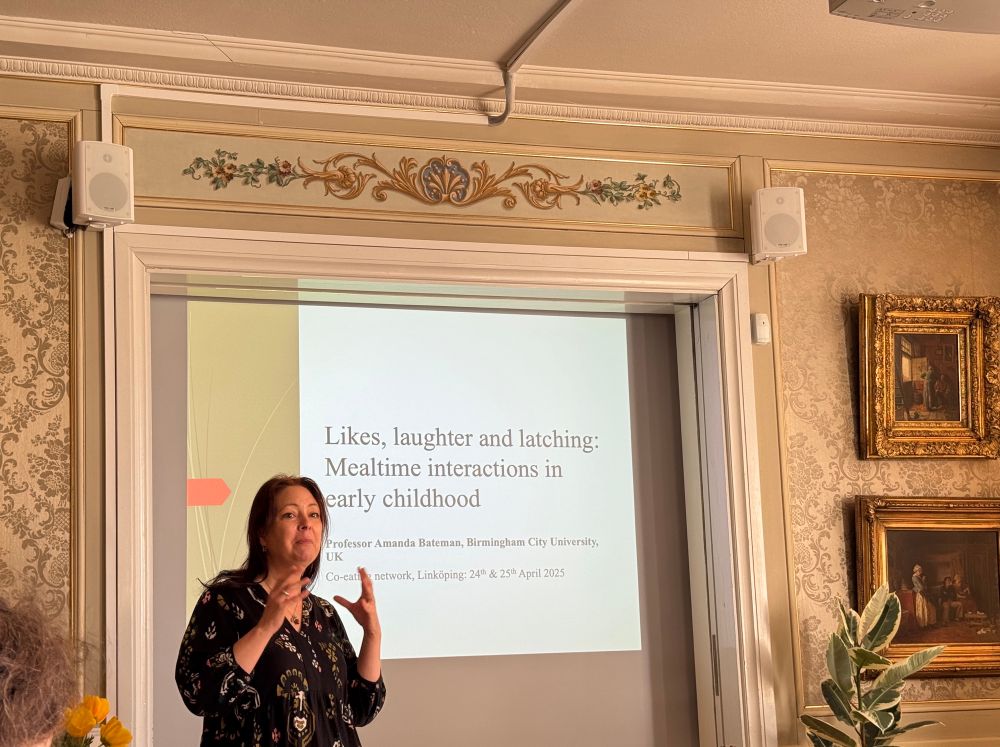
@alexahepburn.bsky.social @bogdanahuma.bsky.social
@ericlaurier.bsky.social
#EMCA #DP #CO-EATING
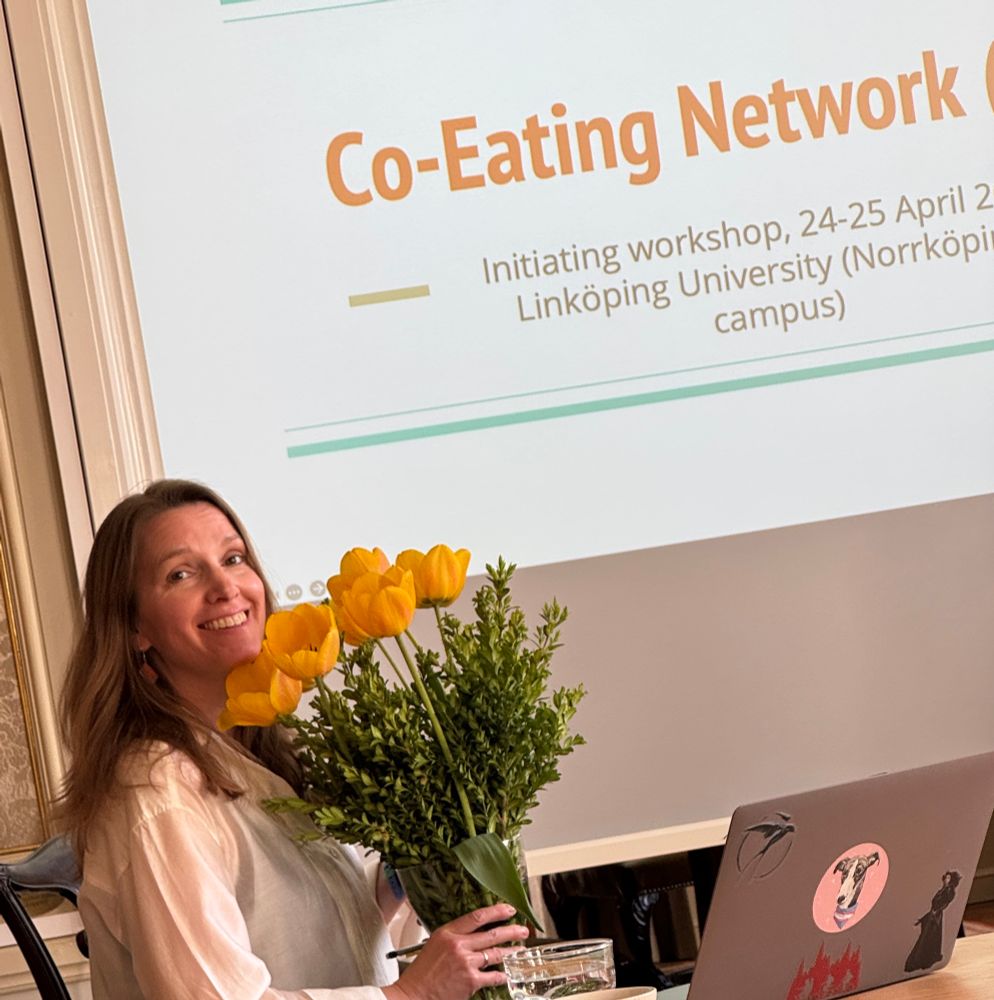
@alexahepburn.bsky.social @bogdanahuma.bsky.social
@ericlaurier.bsky.social
#EMCA #DP #CO-EATING
@alexahepburn.bsky.social @derekedwards.bsky.social @iscaupdates.bsky.social @rucalteam.bsky.social @darg-sessions.bsky.social
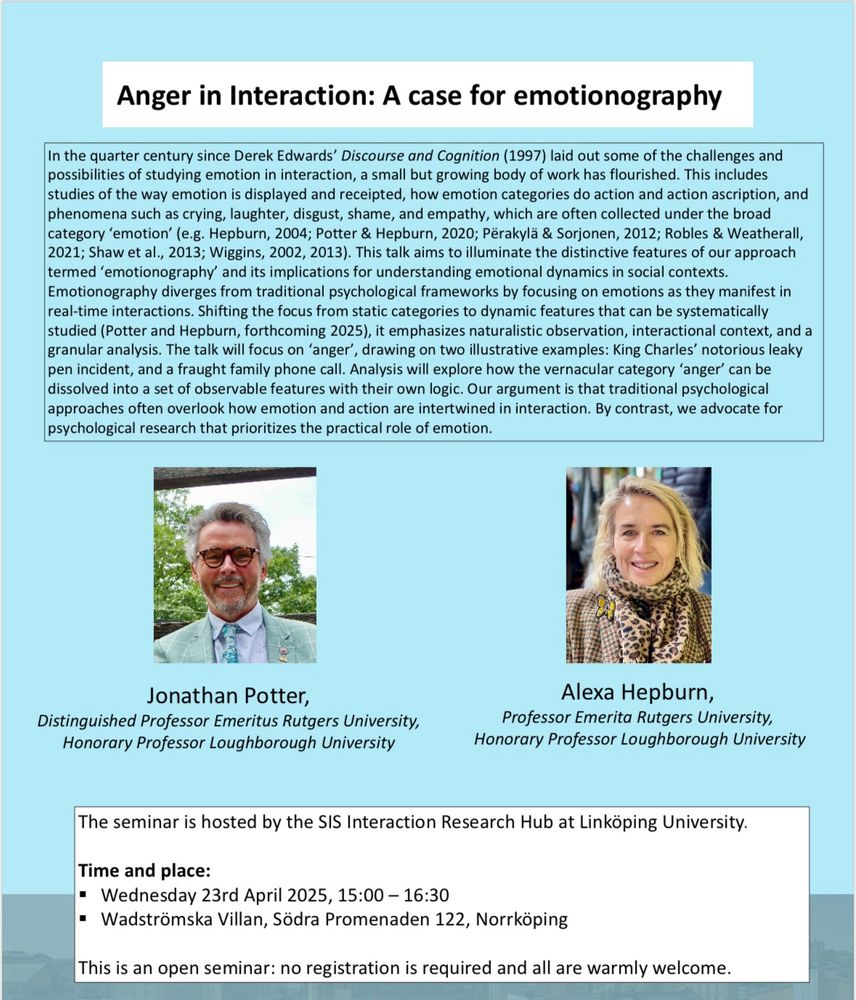
@alexahepburn.bsky.social @derekedwards.bsky.social @iscaupdates.bsky.social @rucalteam.bsky.social @darg-sessions.bsky.social
#EMCA
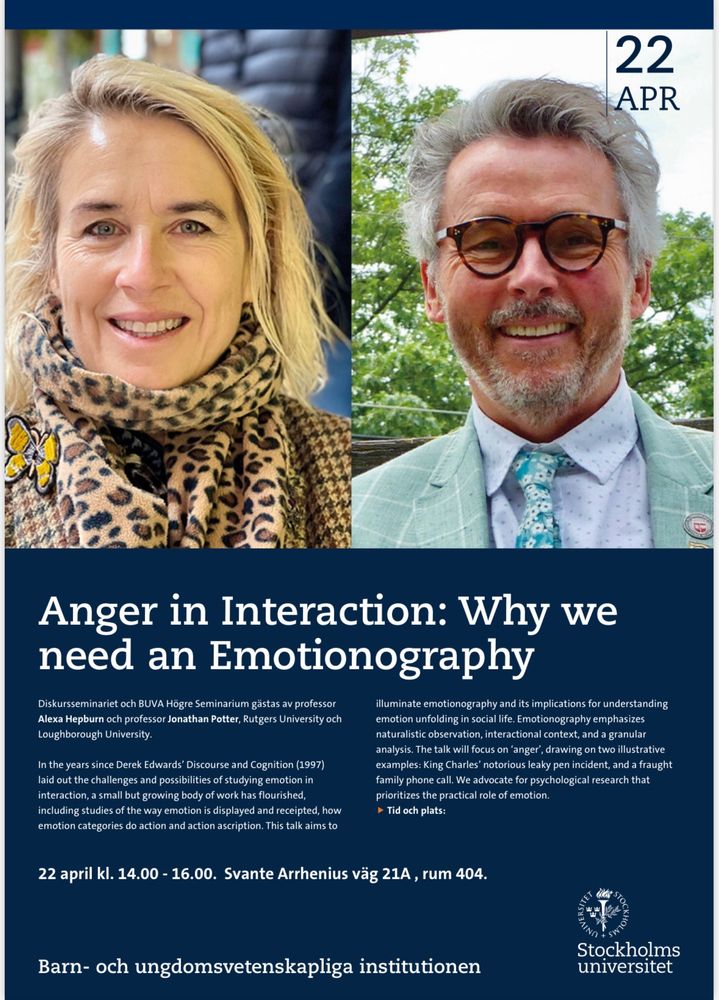
#EMCA


